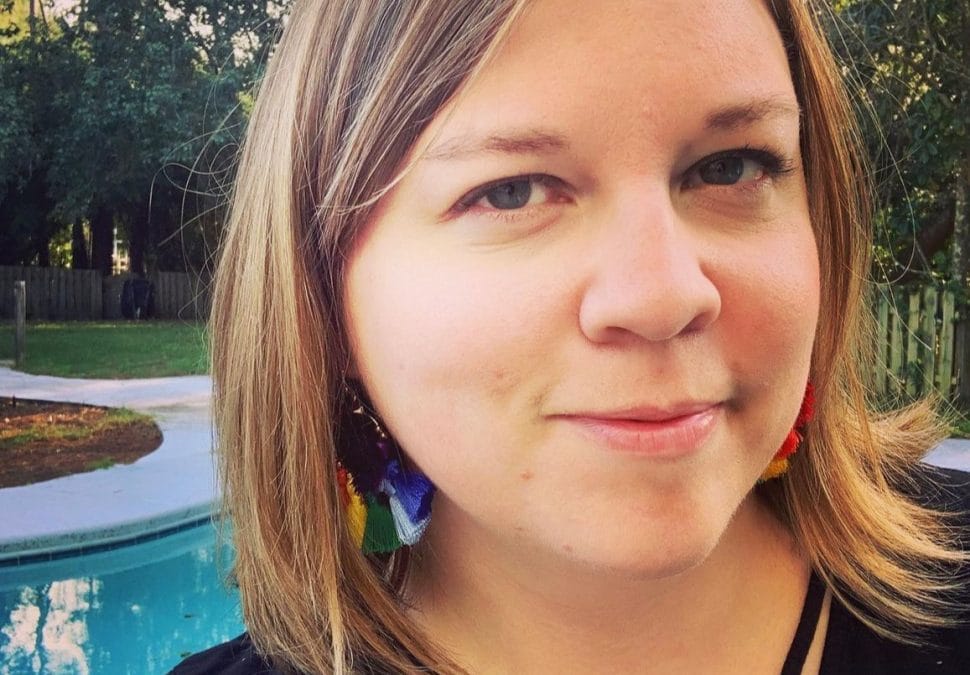
by Dr. Kim | Nov 20, 2023 | Burnout, glimmers, Highly Sensitive Person, Holidays, HSP, polyvagal theory, stress, Stress Management
Not feeling so grateful at the holidays? You’re not alone. Listen as we talk about polyvagal theory and how glimmers of gratitude can help calm the nervous system and train your brain to notice the positives more easily, even during stressful family...

by Dr. Kim | Mar 3, 2023 | Somatic Psychology, Stress Management
The Ventral Vagal System In earlier posts, I talked about the systems for action and shutdown. But what’s at the top of the ladder, where we feel at ease and connected? The ventral vagal system is the social engagement system Enter the ventral vagus. It centers...

by Dr. Kim | Mar 3, 2023 | Somatic Psychology, Stress Management
The Dorsal Vagal System In an earlier post, I talked about the sympathetic system that helps get you motivated to action. But what calms down that acceleration? The parasympathetic system, or “rest and digest” system, helps calm down respiration and heart...

by Dr. Kim | Mar 3, 2023 | Somatic Psychology, Stress Management
The Vagus Nerve and Stress We spend so much time disconnected from our bodies, focusing outward to all the things we have to do and all the things we need to do in the future. The problem is that when we disconnect from our bodies, we miss important information to...

by Dr. Kim | Dec 14, 2022 | Burnout, Highly Sensitive Person, Holidays, HSP, Stress Management
It’s the hubbub of the holidays, and for some highly sensitive people, it can lead to burnout. In this episode, we chat with Dr. Desiree Howell about how to navigate the holidays as a Highly Sensitive Person. Check out this website for more information on HSPs...

by Dr. Kim | Jul 8, 2021 | Anxiety, Coaching, Mindfulness, Self-Care, Stress Management
Wind Down Wednesdays–a midweek reset Let me tell you a little story about me. Every 5 years or so (no seriously, it’s like a 5 year thing), my body has had ENOUGH of me pushing through and ignoring its signals. You know the signals–they’re...







